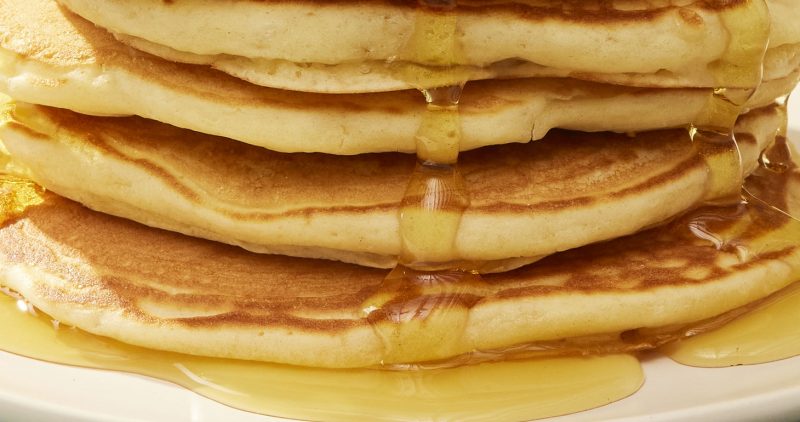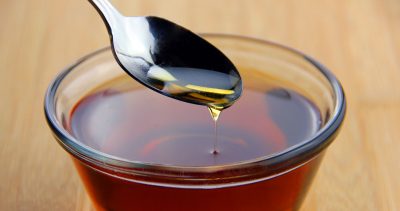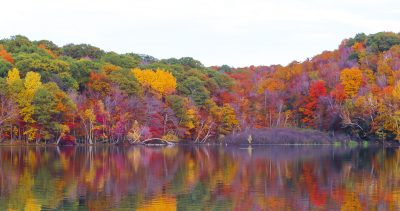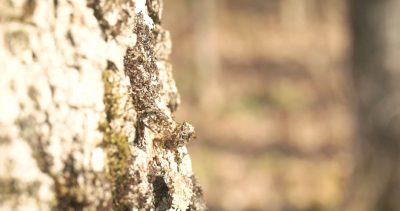All the Questions About Maple Syrup Answered
Maple syrup, that golden elixir harvested from the heart of North American forests, is the sweet star of National Maple Syrup Day!
Whether you’re drizzling it over your pancakes, waffles, or using it in cooking, maple syrup is a versatile and delicious treat that can sweeten your day in a healthy and sustainable way.
So go ahead, pour some pure maple on your stack of flapjacks, and indulge in the goodness it brings to your taste buds and well-being. As we celebrate this delightful holiday, our crew decided to team up with our fans to ask AND answer some of the most common questions and misconceptions surrounding maple syrup.
Before we get to some of the great questions we received from our fans, let’s explore some common Q&A around maple syrup’s health benefits, gluten-free status, vegan friendliness, and more.
Is Maple Syrup Healthy?
Many people wonder whether maple syrup is a healthy choice. The good news is that, when consumed in moderation, maple syrup can be a natural and healthier alternative to processed sugars and has numerous benefits.
It’s nutritious, and loaded with essential minerals like calcium, magnesium, potassium, zinc, and more. You know the stuff that keeps your body sappy.
Maple syrup also has a lower glycemic index than white sugar, which means it won’t cause rapid spikes in blood sugar levels. This makes it a preferred option for people managing diabetes or looking to maintain steady energy levels.
Is Maple Syrup Gluten-Free?
For those with gluten sensitivities or Celiac disease, it’s essential to know if maple syrup is gluten-free.
While we won’t speak for any other brands, SAPJACK maple syrup is certified gluten-free – meaning our production process does not involve any wheat or other gluten-containing ingredients.
And beware, if you opt for flavored or pancake syrups, always read the labels, as some might contain added flavorings or additives that could introduce gluten.
Is Maple Syrup Vegan?
Maple syrup, in its purest form, is indeed vegan.
It is extracted from the sap of sugar maple trees without any animal-derived ingredients or by-products involved in the process. Therefore, it’s a perfect choice for vegans to sweeten their dishes, from pancakes to oatmeal and other savory recipes.
Is Maple Butter Made of Butter?
You’d think a name that has butter in it contains butter, but nope! Despite what the name suggests, maple butter generally contains no dairy products at all.
And now for a lightning round of maple syrup Q&A from our fans:
What are the health benefits of maple syrup for Diabetics?
Not only does maple syrup have a lower glycemic index, but it’s also loaded with natural antioxidants and nutrients that make your body sappy. There are actually numerous health benefits of maple syrup, especially if you use it as an alternative natural sweetener.
How does the maple syrup grading scale work?
The United States Department of Agriculture (USDA) created the grading scales as a way to standardize the way maple syrup is labeled and sold. The new grading system adopted in 2015 focuses on flavor characteristics rather than color, which was the primary factor in the old grading system. The updated grading system applies to both U.S. and Canadian maple syrup. The USDA also has some sweet insight on the grading system.
Does maple syrup come in light to dark & if so, does it make a big taste difference?
It sure does! Maple syrup comes in various shades ranging from light to dark, and these different grades are associated with distinct flavor profiles. At SAPJACK for instance, we let our SAPJACK Grade A Golden syrup sit a little bit longer to soak up all the flavor.
How do you store it?
Great question. Might we refer you to this post on Instagram.
Where is the most maple syrup harvested?
The majority of the world’s maple syrup is produced in the northeastern part of North America, primarily in the U.S. states of Vermont, New York, Maine, and Wisconsin. Canadian provinces like Quebec, Ontario, New Brunswick, and Nova Scotia, are also involved in the maple trade.
While Vermont is certainly a powerhouse when it comes to producing maple syrup, Quebec is considered to be the largest producer of maple syrup globally and is often referred to as the “Maple Syrup Capital of the World.”
How fast does maple syrup pour from the tree?
Some days it pours. Some days it drips. The speed at which maple sap flows from a tree can vary and is influenced by several factors, including weather conditions, tree health, and the specific type of maple tree.
Generally, the sap flow is relatively slow, and it is not a continuous stream like water from a faucet. The science behind sap production is pretty cool.
What types of maple trees make the best syrup?
We may be a little bias but…it’s gotta be the sugar maple.
And the winner of the $100 WALMART GIFT CARD IS…Stacey Grantham, who asked the following question on Instagram:
Do you harvest maple syrup all year round?
The harvesting of sap is very much a seasonal occurrence, however we like to make maple all year long. We’re also always in the woods, tending to our trees, taps, and lines — ensuring that we’re always delivering the true taste of the forest.




